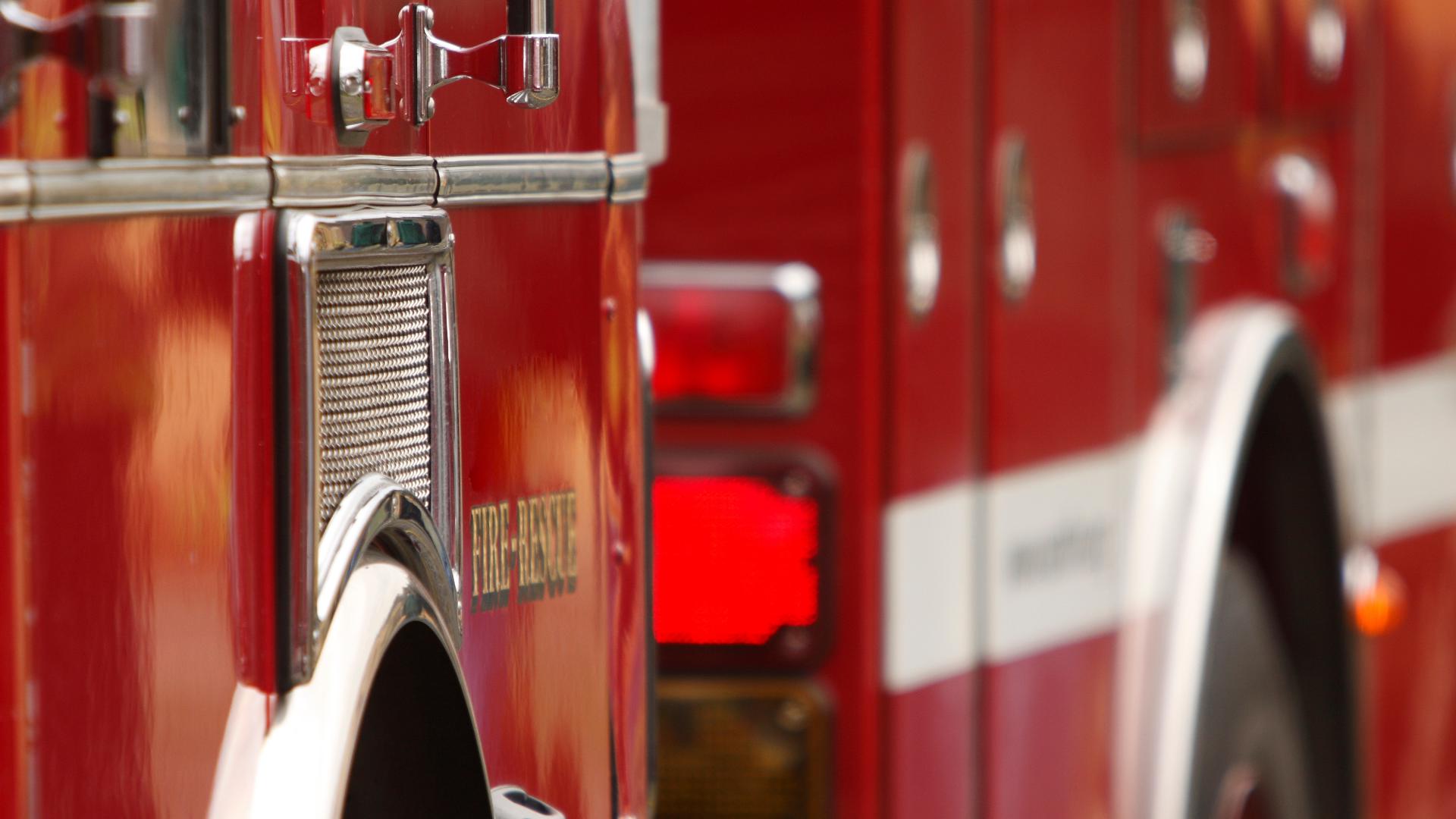DES MOINES, Iowa — Every day, firefighters put their lives on the line, running towards the danger in order to help others. But the leading cause of death in the line of duty for firefighters is not fire, but cancer.
At least 10 Des Moines firefighters have been diagnosed with some form of cancer since 2018, according to the department. The recent deaths of longtime firefighters Brian Stoaks and Mike Broderick have served as a wake-up call.
"We're finding as we move forward, more and more things are giving us cancer," Joe Van Haalen, president of the Des Moines Association of Professional Firefighters, told Local 5. "We've got to change that."
Broderick bravely fought liver cancer for months, but lost his battle earlier this month.
In Iowa, however, Broderick's cancer is not one of the 14 cancers covered under the Presumptive Disability Law. This means that his family will not receive certain pension benefits, according to Van Haalen.
Several other Des Moines firefighters continue to fight their own battles with cancer. Eight of them are currently being treated, per the Des Moines firefighters union.
The union has long been calling for change, starting with the firehouses themselves. They are also working with legislators to pass legislation that would include all cancers under the law.
Des Moines fire marshal Jonathan Lund took part in the design process for Station 11, the department's newest station which opened in 2021. It includes state-of-the-art design elements aimed at keeping firefighters safe when they return from an active burn or hazardous environment.
“Some of the things here really focus on reducing those exposures and minimizing any contamination that may occur. That was our big focus," Lund said.
Their fire trucks are hooked up to a ventilation system when returning from a scene. The vents pull any toxic air containing carcinogens up and out of the engines, and then filter it before its released back outside.
Firefighters must also remove all of their gear and place it in an extractor, which thoroughly washes the gear and removes any contaminants.
“Everybody has stepped up their game to improve our behaviors and how we go about de-contaminating after a fire scene," Lund said.
Certain rooms are even pressurized in a way that keeps contaminated air out of the clean spaces.
It’s a long road ahead to getting these new systems in place at all 11 stations across Des Moines. But as cancer remains the primary cause of death while on the job in the fire service, the department hopes these gradual changes will make a big difference in the health and well-being of their own.

